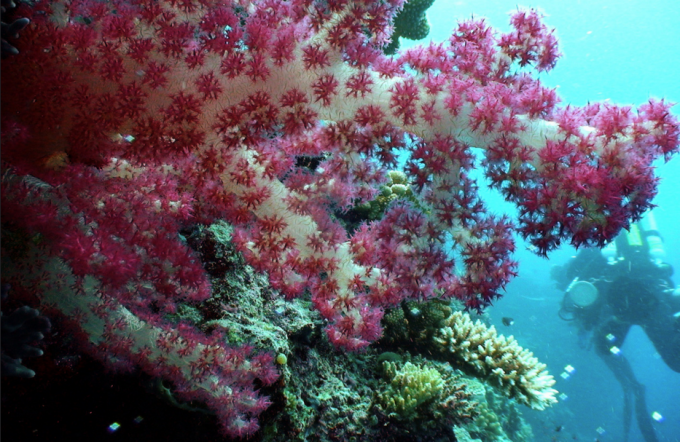Dec 14, 2015 (LBO) – A climate agreement reached at Paris climate talks has been hailed as the best chance of reaching global emission targets.
All the world’s nations have agreed to a single document to cut greenhouse gas emissions which is regarded by many observers “historic”.
The Kyoto Protocol of 1997 set emission targets but the US pulled out and others failed to comply.
Both China and India hailed the deal, and US President Barack Obama said it is “the best chance we have to save the one planet we have,” according to the BBC.
Analysts said the deal could be viewed as a signal to financial and energy markets to shift away from investment in coal, oil and gas as primary energy sources toward zero-carbon energy sources like wind, solar and nuclear power.
According to the agreement a key clause is: “Holding the increase in the global average temperature to well below 2°C above pre-industrial levels and to pursue efforts to limit the temperature increase to 1.5°C above pre-industrial levels, recognizing that this would significantly reduce the risks and impacts of climate change.”
Key elements of the agreement are:
To keep global temperature increase to “well below” 2.0C and “endeavour to limit” them to 1.5C.
To limit the amount of greenhouse gases emitted by human activity to the same levels that trees, soil and oceans can absorb naturally, beginning at some point between 2050 and 2100
To review each country’s contribution to cutting emissions every five years so they scale up to the challenge
For rich countries to help poorer nations by providing “climate finance” to adapt to climate change and switch to renewable energy.
Pledges by nations could see global temperatures rise by as much as 2.7C, but the agreement lays out a way to speed up progress. Some, however, said it did not go far enough to protect the planet.
Michael Mann, director of Penn State University’s Earth System Science Center, said that COP21 is just “the beginning of a process.”
The global commitments “get us roughly half way” to where the world needs to be, Mann told HuffPost.
“The most important thing to come out of the conference is an agreement to improve on these commitments substantially in the years ahead.”
The agreement, which is partly legally binding and partly voluntary, will come into effect in 2020.
195 countries took part in tense negotiations over the last two weeks making Intended Nationally Determined Contributions estimated to limit the temperature increase to 2.7 degrees Celsius.





















